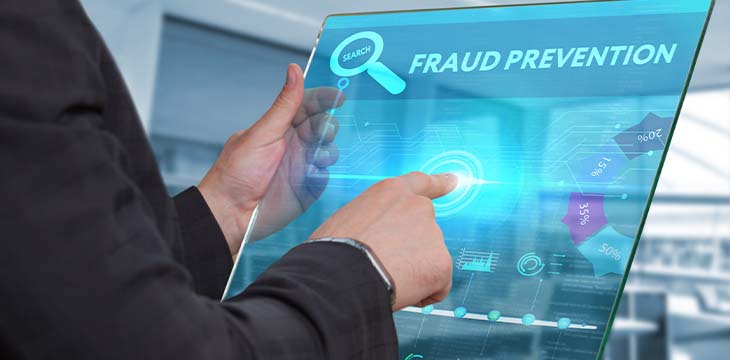|
Getting your Trinity Audio player ready...
|
The Florida Department of Agriculture and Consumer Services (FDACS) has warned residents in the Sunshine State over the increasing number of scams. The agency made this known in its newsletter, identifying six different scams that are fleecing millions of dollars off unsuspecting consumers.
The fraudulent activities include auto warranty, health insurance, utilities, post-disaster preparation, and the infamous RV giveaway scam. The newsletter notes that a vital feature of the scams is using gift cards or digital assets to receive payments.
“Payment Type: If you are asked to pay with a gift card or cryptocurrency, it’s a scam,” the newsletter warned.
Bad actors have often turned to virtual currencies for payments because of their perceived anonymity. The asset class has earned a reputation for the difficulty in tracking stolen funds by security agencies, with the use of mixers further muddying the process.
Other red flags for consumers to be wary of include government officials asking for personal information. Giving scammers personal details may expose the individual to other scams like “fake friend requests or romance scams.” The FDACS also warned against filling in personal information on “register to win” scams like the RV Giveaway scam.
“Only scammers will require one of those kinds of payment, and once you send the money, you probably won’t get it back,” said the FDACS.
Consumers have also been alerted of pre-recorded messages from scammers used to rope in new victims. The agency warns that pre-recorded messages are illegal in the state except for charities seeking donations and inquiries about political candidates; making any other calls of that nature is most likely fraud.
Virtual currencies and crime cases
Criminal enterprises have employed virtual currencies since the early days. Silk Road is a leading example of its usage, with the Federal Bureau of Investigation (FBI) seizing nearly 70,000 BTC from the illegal darknet marketplace.
Since the start of the year, nearly $1 billion has been stolen from the industry via hacks, romance, and Ponzi scams. Law enforcement agencies are increasingly clamping down on illegal activity to rein the sector, with the recent sanctions on Tornado Cash indicating strong intent.
Anti-Money Laundering (AML) and Know Your Customer (KYC) procedures have been passed by regulators worldwide for centralized digital asset exchanges to adhere to.
Follow CoinGeek’s Crypto Crime Cartel series, which delves into the stream of groups from BitMEX to Binance, Bitcoin.com, Blockstream, ShapeShift, Coinbase, Ripple,
Ethereum, FTX and Tether—who have co-opted the digital asset revolution and turned the industry into a minefield for naïve (and even experienced) players in the market.

 02-28-2026
02-28-2026 




